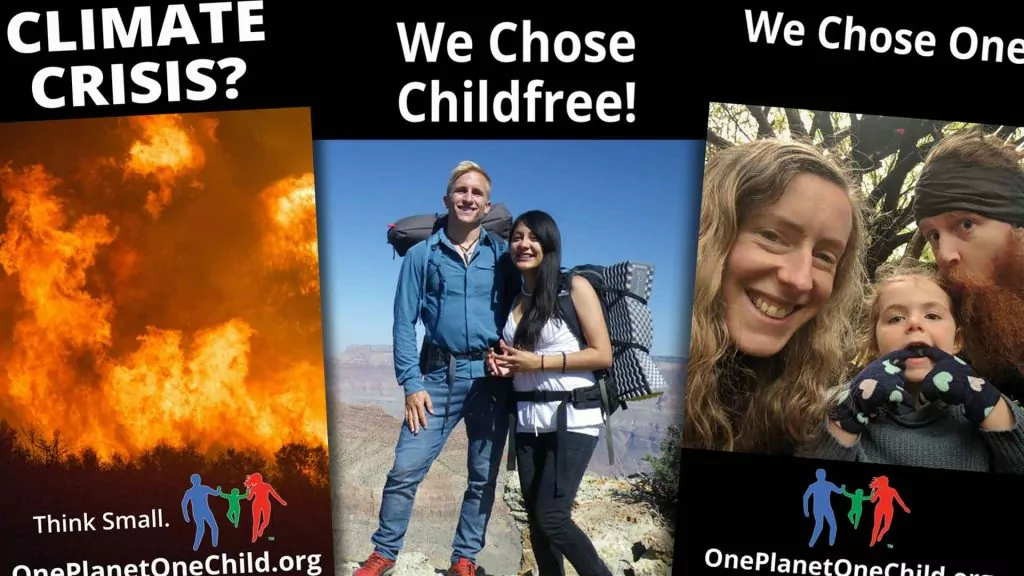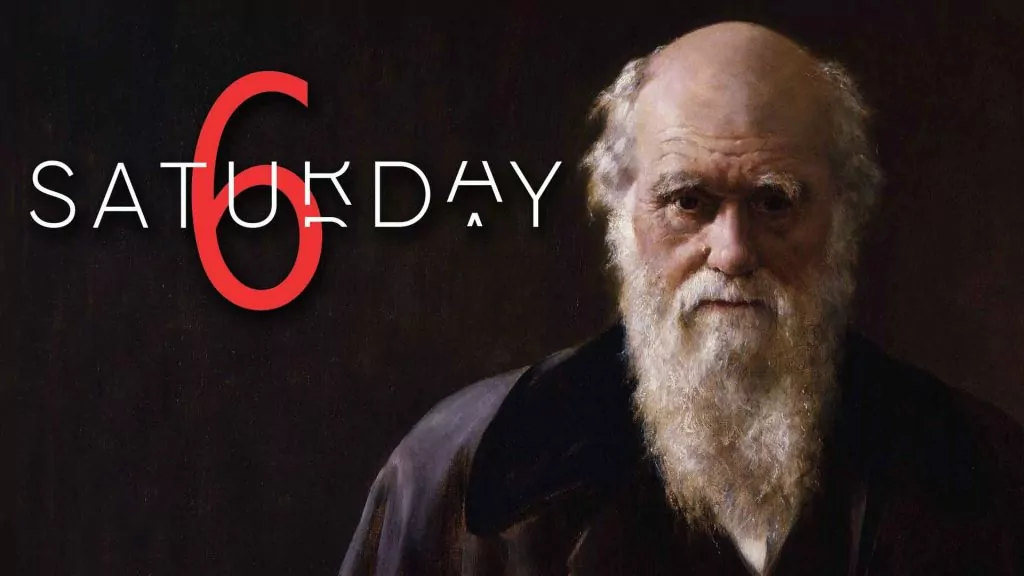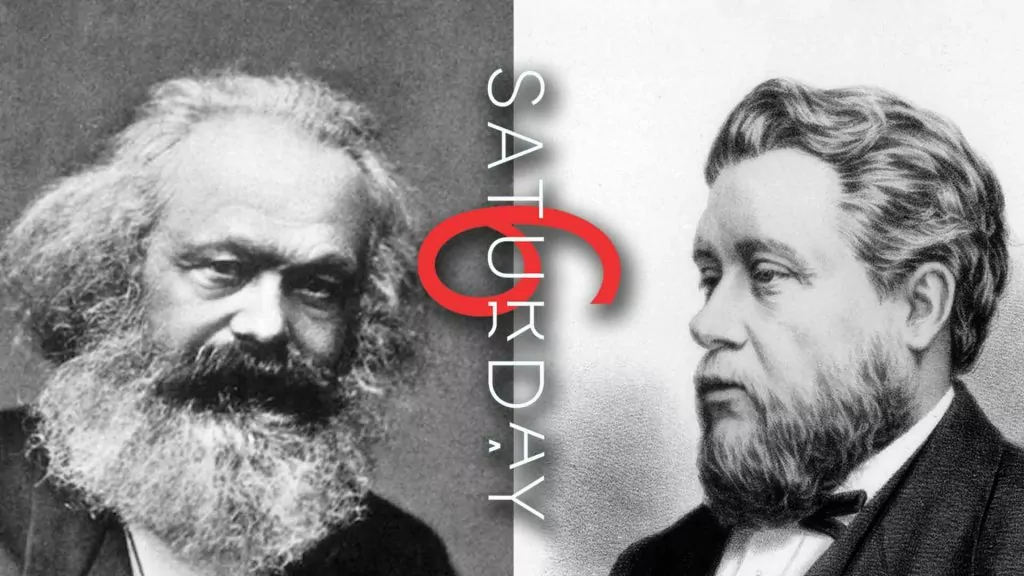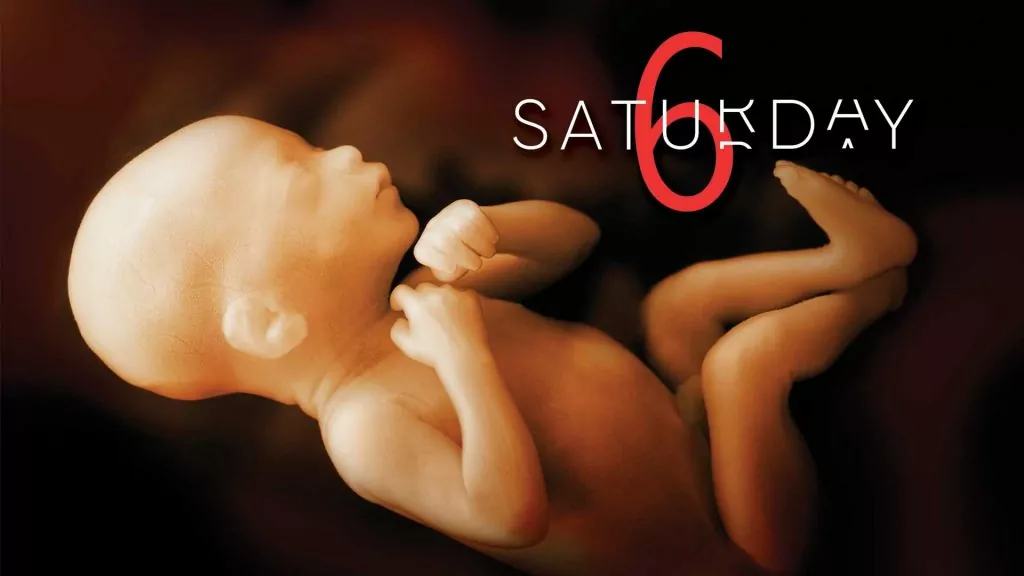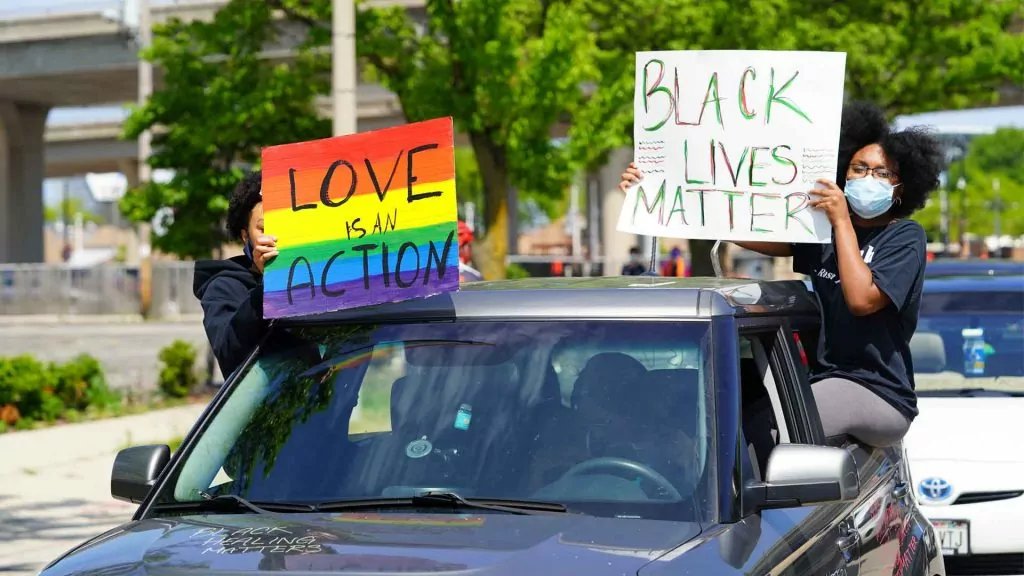
News
Saturday Selections – October 17, 2020
What color is the balloon? (2 min)
"The funny things about truth is, it's true...whether you believe it or not."
Teens did surprisingly well in the COVID lockdown (10-minute read)
Many adults have struggled during the COVID lockdown, whether because of job loss, or fears of death. Surprisingly teens's mental health has seen improvement over this same period. But why?
"More sleep and family time – and less social media – may have made the difference."
Life on Venus? Why "settled science" is so often hot air.
It's in the interests of the media, and scientists, to hype up their findings.
Car seats as contraceptives?
By one estimate, US child safety seats save 60 children a year. Some economists are arguing they may also lead to 8,000 fewer births a year.
How so? Only two of these seats fit in a car, so for parents to have a third child they'll need a new, bigger vehicle, raising the cost of that third child considerably. That might force some families to delay growing their family, and those delays can lead to smaller families over all. As the article author writes:
"The point of this is not to launch a campaign to do away with child safety. It is to remind us that laws made with the best of intentions have unexpected consequences. Legislators need to bear this in mind when they impose restrictions which are simply 'common sense.' This has an obvious application to the Covid-19 lockdowns."
A psalm for every day
When Lindsey Tollesfson was 8 weeks pregnant, the doctor gave her a devastating diagnosis for her unborn son.
"A verse kept ringing through my head: 'Count it all joy, my brothers, when you meet trials of various kinds' (James 1:2). How could I count it joy that my doctor told me my son would soon die? James wasn’t just saying 'rejoice despite your trial'; he was saying 'rejoice because of your trial.' Where could I turn to help me obey this command from the heart? I turned to the Psalms for comfort and wisdom, and I invite all who are walking through difficult circumstances to do the same..."
Good news you probably haven't heard (5 min)
It might not seem like it, but even this year there are positive global trends making life better in dramatic ways. While the video below is a secular presentation that credits the Englightenment for the progress being made, these improvements are a fruit of biblical principles like property rights and the free market, freedom of speech, stewardship, recognition of the Imago Dei, and doing to others as we would want done to us.










